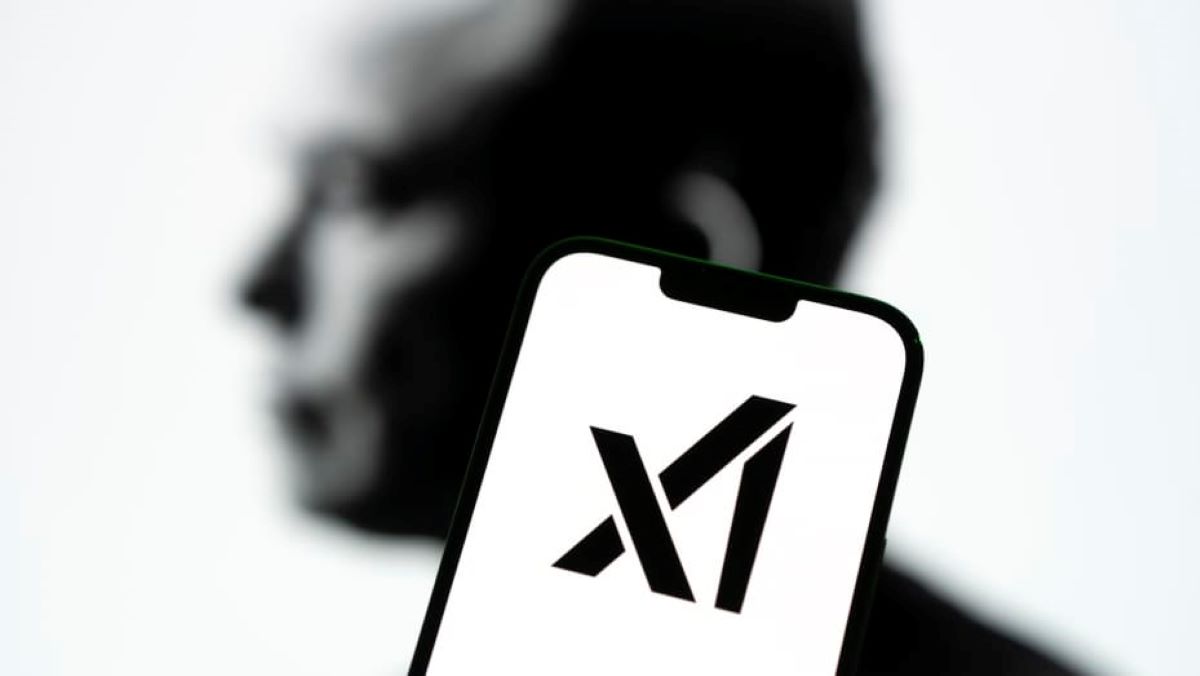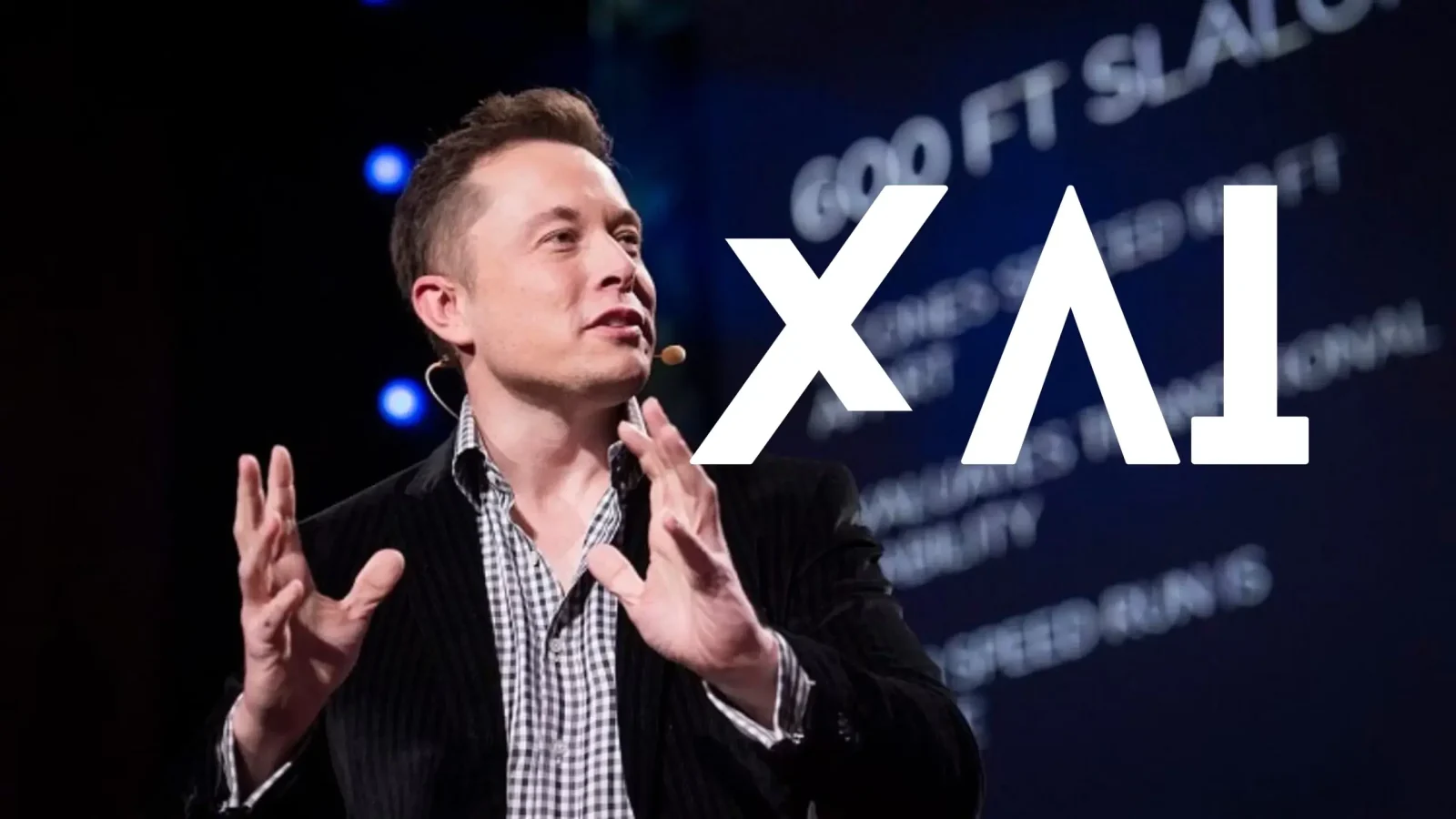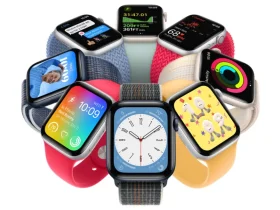On Friday, Tesla CEO Elon Musk announced plans for his new venture, the artificial intelligence startup xAI, to collaborate with Tesla on both “silicon” and “AI software” aspects.
During a live audio session on Twitter Spaces, Musk revealed that xAI intends to utilize Twitter data to train its “maximally curious” AI systems and products.
He did not detail whether Twitter would charge xAI or his other ventures for this data, nor the extent of any potential charges.
When Musk orchestrated the buyout of Twitter in October 2022, the company accumulated $13 billion in new debt.
Since then, Twitter has faced difficulties in increasing its subscription revenue and has been sued by former employees and vendors for unpaid work and severance.
Musk’s other companies, including Tesla, SpaceX, and The Boring Co., have engaged in business transactions over the years, some of which are disclosed in Tesla’s financial reports to the U.S. Securities and Exchange Commission.
On Friday, Musk claimed without evidence that “Every AI organization on Earth” has used Twitter’s data for training, asserting that such use was “in all cases illegally.”
It remains unclear which specific laws might have been breached by this data scraping. Earlier this month, Twitter sued four unidentified parties in Texas for data scraping.
Recently, Twitter imposed rate limits on the platform, as Musk claimed it was “being scraped like crazy.”
He explained, “We had multiple entities scraping every tweet ever made, and trying to do so in like, basically a span of days. So — this was bringing the system to its knees. So we had to take action.” Musk apologized for the inconvenience caused by these rate limits.
Given the prevalent use of Twitter data by AI developers, Musk indicated that xAI will also use public tweets—excluding any private data—for training purposes, similar to what is done by others in the field.
Musk noted that Twitter’s data set is valuable for “text training” and “image and video training.”
However, he also stated that AI systems require more than just human-created data, and he hopes xAI can replicate the success of Alphabet-owned DeepMind’s Alpha Zero, which achieved expert-level performance in chess, shogi, and go through self-play.
During the Twitter Spaces event, Omar Qazi (known as Whole Mars Catalog on Twitter) inquired about how xAI plans to integrate with Tesla, specifically regarding the use of Nvidia or Tesla-made silicon for data processing.

Musk responded, “That’s sort of a Tesla question. Tesla is building custom silicon. I wouldn’t call anything that Tesla’s producing a ‘GPU’ although one can characterize it in GPU equivalents.”
He then discussed Tesla’s in-vehicle hardware, which supports the company’s advanced driver assistance systems, marketed as Autopilot and Full Self Driving capability in the U.S.
Tesla has long promised a robotaxi or self-driving vehicle. Musk initially claimed a cross-country demonstration with a Tesla vehicle without human intervention would be feasible by the end of 2017.
In 2019, Tesla raised billions with a promise of one million robotaxi-ready vehicles within a year. To date, Tesla vehicles still require human drivers ready to take control.
On Twitter Spaces, Musk stated that Tesla’s hardware 4, which is currently being shipped, is “three-to-five times more capable than hardware 3” and promised that “hardware 5” would be introduced in a few years, being “four or five times more capable” than the current version.
Musk also discussed Dojo, a supercomputer Tesla is developing for AI machine learning and computer vision training. Tesla uses video clips and data from customer vehicles to enhance existing software or create new features.
He mentioned that xAI’s AI language model would not adhere to “politically correct” norms, stating, “I think our AI can give answers that people may find controversial even though they are actually true.”
Musk emphasized that xAI needs to develop technology that “understands the physical world and not just the Internet,” and believes that Tesla’s driving data will be beneficial for this purpose.
Walter Isaacson, who is writing a biography of Elon Musk set to be released later this year, asked Musk about Optimus, Tesla’s humanoid robot intended for manufacturing.
Musk noted that Optimus is still in its “early stages” and that his team needs to devise a way for users to easily turn it off.
Tesla showcased a design for Optimus at its AI Day in September 2022. Tesla executives are expected to provide further updates on this and other topics during the company’s earnings call next Wednesday.







Leave a Reply